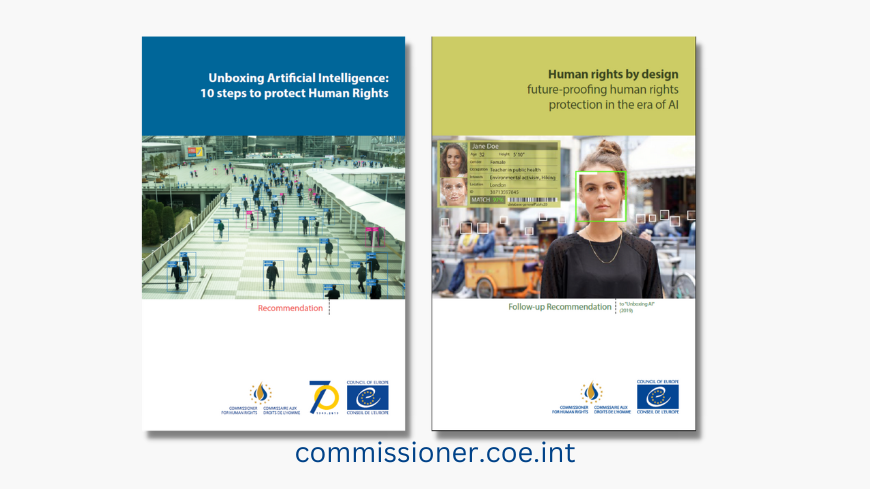“I have closely followed negotiations at the level of the Council of Europe Committee on Artificial Intelligence (CAI). As they reach their final stage, I reiterate my position that the legally binding instrument on AI and human rights should contain unambiguous obligations for states parties to reinforce the protection of human rights, democracy and the rule of law in the context of AI.
Given the speed and reach of technological advances today, the Convention should include a positive obligation for states to create a legal and regulatory framework that effectively protects individuals from all human rights violations, whether these are committed by public or private sector actors. Any exemptions from the scope of the Convention should be based on law and necessary and proportionate in a democratic society. It is also essential for the Convention to establish clear criteria for identifying and banning unacceptable risks to human rights, democracy and the rule of law across states parties. Finally, it should explicitly safeguard the right to an effective remedy, including the right to human review of automated decisions, aligned with Article 13 of the European Convention on Human Rights.
I hope that the outcome of this important process will be a solid human rights based treaty that effectively addresses the adverse impacts of AI on individuals and society and expands the predictability and dependability of the use of AI systems world-wide.”
- Read the Follow-up Recommendation: Human rights by design - future-proofing human rights protection in the era of AI (2023)
- Read the Recommendation: Unboxing artificial intelligence: 10 steps to protect human rights (2019)
- Read the Human Rights Comment: Safeguarding human rights in the era of artificial intelligence (2018)
- Read the Opinion article: In the era of artificial intelligence: safeguarding human rights (2018)



